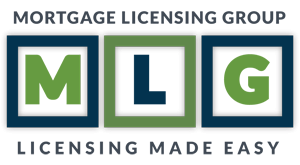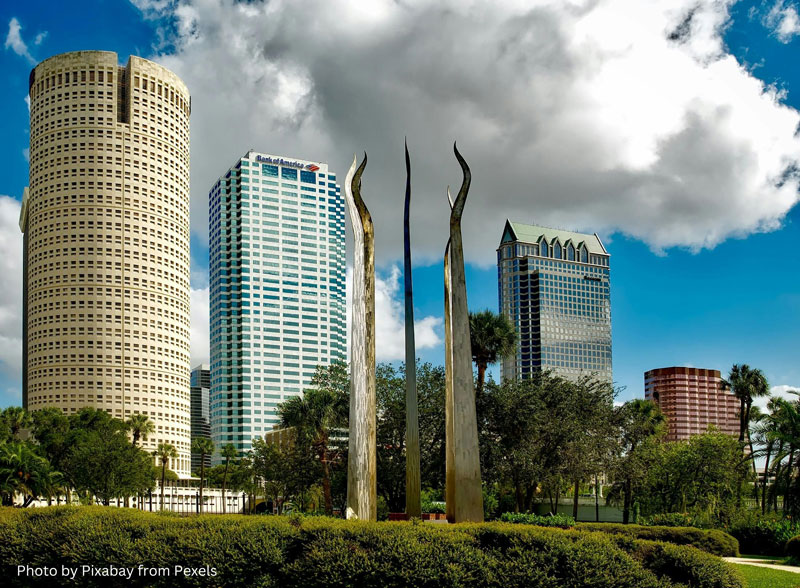Mortgage Broker Licensing Requirements for Florida
In Florida, mortgage brokers must have an active license from the state’s Office of Financial Regulation before they can work in the state. A crucial step in this process is the registration through the Nationwide Mortgage Licensing System and Registry (NMLS), a vital platform that ensures you meet the necessary criteria outlined in state statutes.
Who Needs a Mortgage Broker License in Florida?
In Florida, a mortgage broker license is one license issued to companies, along with a mortgage lender license and mortgage lender servicer license. An organization that originates loans and employs loan originators must have a mortgage broker license to operate legally in Florida. This includes groups that work with independent contractors who originate loans.
Florida State Requirements for Mortgage Brokers
To qualify for a mortgage broker license in Florida, applicants must first create an account with the NMLS and submit the appropriate forms. The state requires thorough federal and state background checks, credit reports for control persons, and application fees. This comprehensive process ensures the integrity of the mortgage broker profession in Florida.
How To Become a Licensed Mortgage Broker in Florida: Step-by-Step
Becoming a licensed mortgage broker in Florida is a multi-step process that includes registering with two different entities: the NMLS and the Florida Office of Financial Regulation. Here’s what to expect:
- Register the organization with the NMLS.
The first step to becoming a licensed mortgage broker in Florida is to register with the Nationwide Mortgage Licensing System. To do this, the organization must create an account with the national database. - Submit a Form MU2 for each control person.
Each control person, whether an executive officer, director, or partner of the organization, has a significant role to play in the licensing process. They are responsible for completing a Form MU2 and submitting it to the NMLS. - Submit an application to the Florida Office of Financial Regulation.
After registering with the NMLS, the firm can submit an application to the Florida Office of Financial Regulation through the NMLS. The application must include the following:
- Nonrefundable application fee ($425)
- Fingerprints from each control person
- Background check through the Federal Bureau of Investigation for each control person
- State-level background check for each control person
- Credit report for each control person
The state may request additional information after reviewing the results of the background checks and credit reports. For example, if a control person has been convicted of a crime, they may need to submit copies of documents related to the case, such as plea agreements and judgments.
- Maintain the mortgage broker license.
Mortgage broker licenses in Florida expire on December 31. Renewal requirements include a renewal fee (rate can vary), fingerprints, and credit reports for each control person. The current license stays active until the state processes the renewal application and determines whether to renew or deny it. You must also submit a quarterly Mortgage Call Report (MCR) through the NMLS.
How Much Does it Cost To Become a Licensed Mortgage Broker in Florida?
Becoming a licensed mortgage broker in Florida costs around $700. This includes the registration fees paid to NMLS ($100) and Florida Office of Financial Regulation ($425), as well as the cost of background checks, fingerprint scans, and credit reports. The total cost can increase depending on the number of control persons requesting credit reports and the fees charged by third-party vendors collecting and processing fingerprints.
The real estate market in Florida remains one of the hottest in the country, creating opportunities for mortgage brokers. Learn more about what it takes to become a mortgage broker in Florida and take the next steps toward a new career. Contact the Mortgage Licensing Group today.

